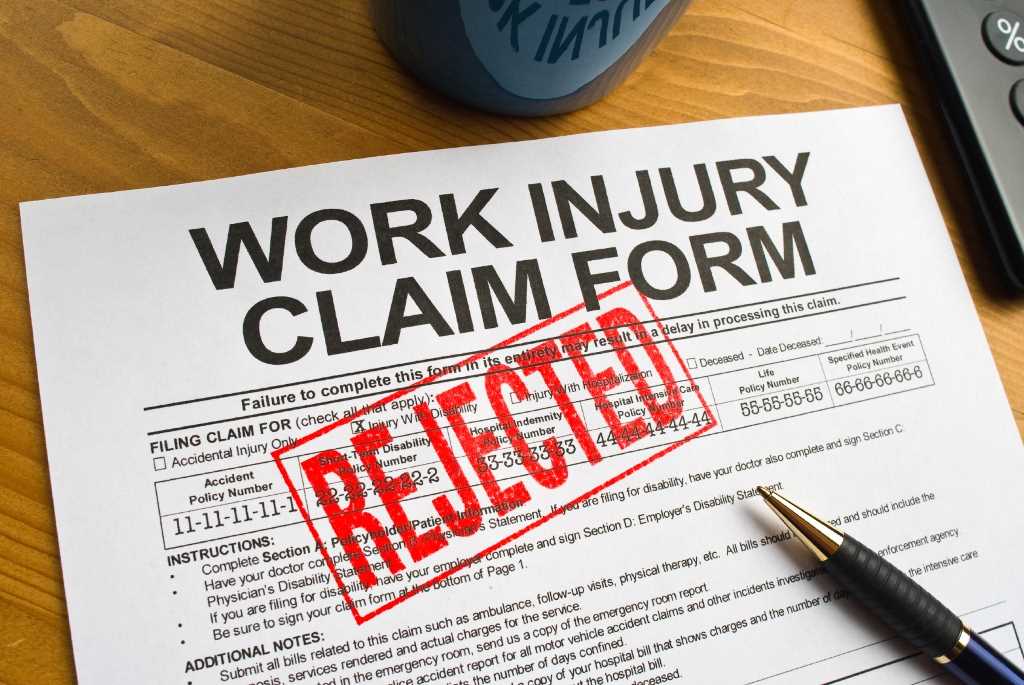
In the market, you can find a wide variety of furniture to add to our interior space at home, especially for the kitchen. The adjustable height breakfast bar stools are one of the best accessories, and the most important thing is knowing how to select the most suitable one, guided by our tastes.
Before buying breakfast bar tables, we must keep our needs and the use we want to give them. Consequently, when choosing a stool, we must check the type of backrest, the type of legs, the material, and the seat’s height. In this case, you can opt for adjustable stools.
Combining each of these aspects will be easier to achieve a functional and practical breakfast bar sets stool.
What advantages can height-adjustable stools bring us?
There are many reasons why adjustable height breakfast bar stools can be the perfect addition to the kitchen. These types of stools are also known as height-adjustable stools and allow us to adjust the seat’s height using a height-piston height-adjustable system.
When choosing a stool like this, we must ensure that this system is of quality to ensure its stability. Similarly, we must choose a model whose base is solid to avoid falls.
Height-adjustable stools are usually heavier than traditional ones. However, they provide many advantages in terms of comfort and aesthetic finish. Its finish is generally in gloss chrome or quality paint, which allows us to carry out a quick cleaning.
The adjustable height breakfast bar stools can be adapted to any breakfast bar. That is, it does not matter if it is low or high. This bar where you eat and take place in the kitchen has different heights, but there will be no problem thanks to the adjustable stools.
In most cases, the seat can be placed in the ideal position, which will allow the legs to move comfortably and adaptability for the whole family. The whole family, including the adults and the little ones in the house, can use this type of stool to adjust it to the person’s size.
Similarly, height-adjustable stools can be collected after use or stored under the top, unlike traditional 4-legged stools that take up more space. Likewise, thanks to their common glossy gray, they can be placed in a space where modernity is sought.
Which is better to choose? Height-adjustable stools with or without backrest?
This is a very particular issue since when buying height-adjustable stools, the question arises as to whether to choose a model with or without a backrest.
Backless stools and bistro furniture are a good option if you plan to hide them under the counter when not in use. Also, their weight is usually lighter than stools with a back, and they can be moved more easily to different spaces for a certain time.
Similarly, there are stools with a medium backrest, a very popular model that allows us to sit in a relaxed way by supporting our backs. Because the backrest is medium, it can be hidden


